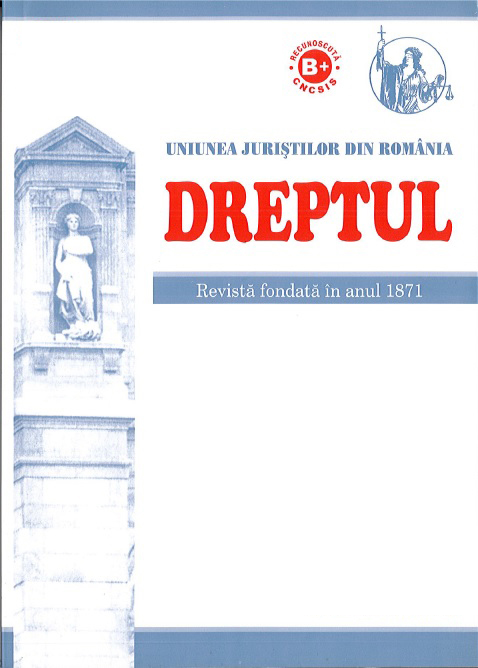The administration of evidence necessarily implies that the evidence is first proposed and produced (submitted) by the parties and then approved by the court.
The legislator of the Civil Procedure Code instituted a regime of evidence renewed in its spirit and in its formal expression, devoting, in addition to the general provisions on the administration of evidence (Articles 260–263 of the Civil Procedure Code), also some provisions specific to the administration of evidence by written documents (Articles 292–300 of the Civil Procedure Code), as well as to the conduct of the procedures for verification of documents (Articles 301–308 of the Civil Procedure Code).
As a rule, the production (submission) of the documents takes place voluntarily, under the terms and conditions set by law. However, in some cases, the documents relating to the pending trial are not produced voluntarily, whereas their presentation in court could have consequences for those who hold them or for their spouse, kin or relatives. The attitude of the person who holds the document not to produce it voluntarily may have different motives: family secret, business secret, confidentiality, strictly personal matters about the dignity or private life of a person, etc. In other cases, bringing written documents to court would be too expensive or the documents would be too voluminous or numerous.
In such cases, the justice of the dialogue will prevail. From the correlation of the provisions of the final sentence of Article 22 (2) with those of Article 254 (2), Article 254 (5) of the Civil Procedure Code, it appears that the legislator draws attention to the cooperation which must exist between the judge and the parties, as regards the evidence of facts, without thereby understanding that the judge substitutes the parties, automatically filling the passivity of the party either a claimant, or a defendant


